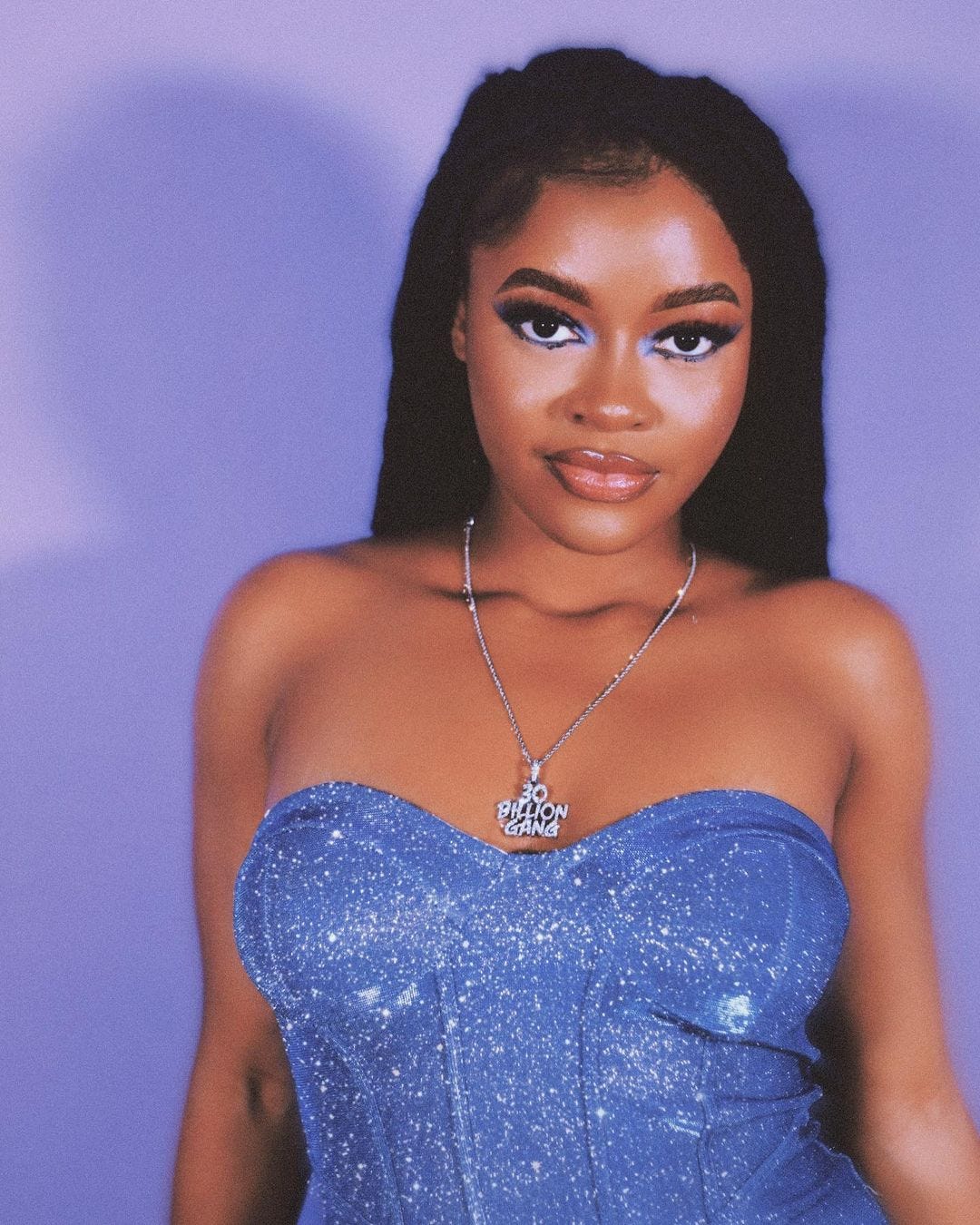EP Review: Liya Treads Her Lane with Alari
With meditative afro-pop music, the budding Nigerian singer makes an impressive introduction.
There’s a piercing soulfulness to Liya’s singing - a fact made clear in “Melo,” her debut single as the newest signee of the Davido-owned DMW. On the mid-tempo number, Liya shone with her captivating vocals. Before she joined DMW, the singer, whose real name is Abdulsalam Suliyat Modasola, had had many false starts in her budding career, some of which she alluded were due to lecherous male music executives. In DMW, Liya is the only female artiste on the male-dominated roster and has spoken in interviews about the brother-like love that the other artistes have shown her.
Alari, Liya’s six-track debut EP, is a story of her journey as a person and artiste. A Yoruba term, “alari” means “she that is so separate,” and represents an outstanding person. Alari is also the name of Liya’s grandmother, who Liya is named after. On Alari, Liya, a Yoruba and Muslim, infuses the music with influences from her culture and religion. She delivers the songs predominantly in Yoruba and Pidgin. The project is executive produced by Davido and lends production credits to Zaki Magic and K Dream, Liya’s longtime collaborators.
On the title track, which has a touch of amapiano, Liya pays homage to her lineage. She sings of the strength embedded in her name. Employing call-and-response singing and chants, the song evokes a spirit-rousing aura.
On “Lakiriboto,” which is a Yoruba word for a sexually inactive woman, Liya declares, “I no be Lakiriboto.” She also promises confidentiality to a lover, singing, “I no do kiss and tell o.” On the thumping amapiano beat, Davido brings his signature energy with sexually charged lyrics.
Liya reminisces on her life journey on “Years Ago.” She sings of her rise from obscurity to fame and the challenges that come with it. “You can never kill my energy/I don see so many things/I don live so many dreams with my eyes open,” she sings. Now, she is ready to revel in her new status and all the good things it comes with. The mellow tune is propped by drums, shakers, and blasts of the saxophone. On “Melo,” which is tucked into the project, she reiterates her zest for happy moments.
On “Adua,” the weariness in Liya’s voice is moving. She has gone through difficult times but she is determined not to let the weight of disappointment crush her optimism. A high sense of spirituality reverberates throughout the song, especially the voices of a choir echoing in the background.
The choir returns on “Olodumare.” Here, Liya’s singing is heartfelt; she pours out her feelings of appreciation, thanking Olodumare, the Yoruba name for God, for being with her all through her life. She also employs call-and-response singing as percussion and guitar riffs and trumpets carry her words. The track is a worthy closer to what feels like a peek into Liya’s personal space.
On Alari, instead of prioritizing club bangers, Liya chooses to lead the listener into her thoughts and emotions, curated in soothing ballads. It is a bold move that pays dividends: you can tell there is more to Liya than meets the eye and you let her lead the way because you are sure she knows where she is heading
Go HERE to stream Alari.





